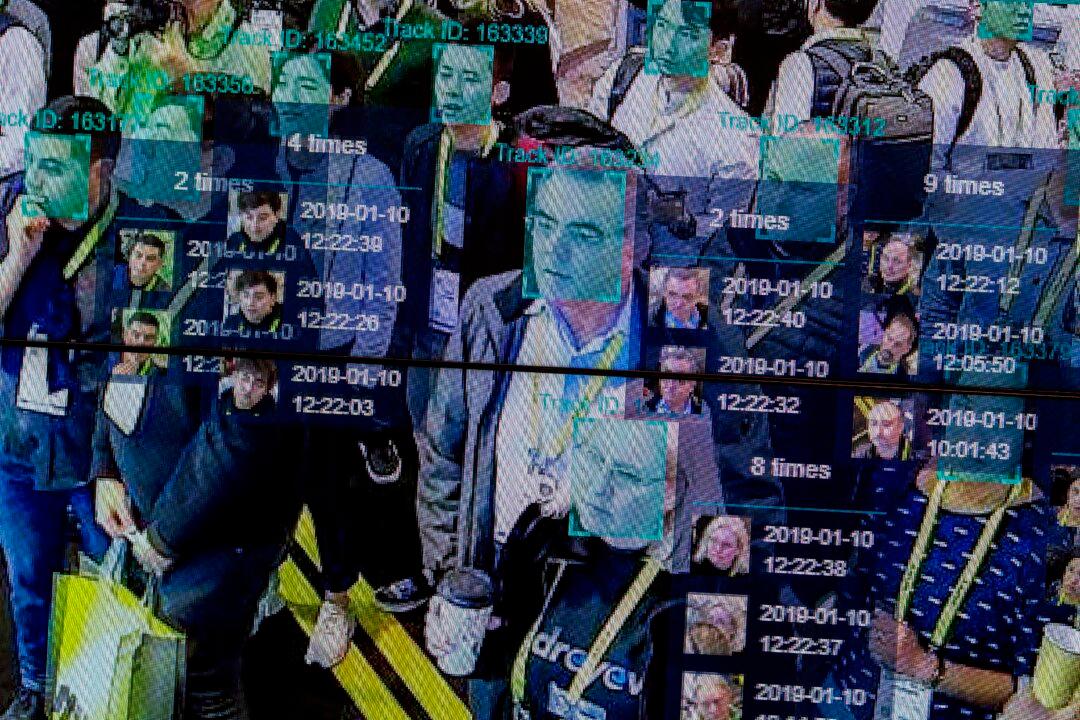President Donald Trump has issued an executive order that outlines the federal government’s priorities for handling artificial intelligence (AI) technologies.
The order promises more tax dollars for AI research and development (R&D) and more access to federal data sets for AI testing. It also calls for establishing a regulatory framework and technical standards for AI and for protecting American AI from acquisition by competitors and adversaries. Further, it asks NASA, the Defense Department, and other agencies to dedicate more of their supercomputer resources to AI and asks federal agencies to promote education in the AI field.





